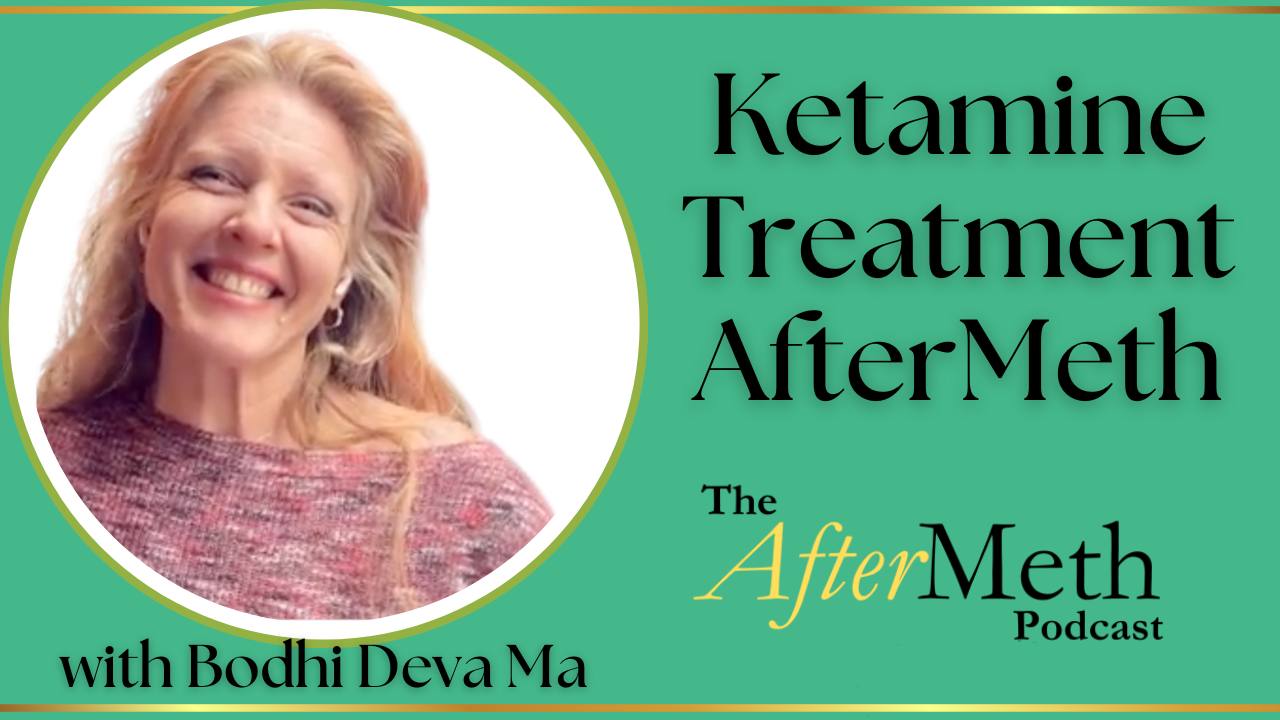Understanding Harm Reduction: A Compassionate Approach to Recovery

Season 2 is underway! I'm so thrilled to have THE chemsex expert back on the show, Dr. David Fawcett. David is the author of Lust, Men, and Meth: A Gay Man's Guide to Sex and Recovery.
(If you don't have the book yet, order it now)
This week, we are talking all things harm reduction.
Harm reduction is a set of practical strategies aimed at reducing negative consequences associated with drug use.
Rather than demanding immediate abstinence, harm reduction meets people where they are in their journey, offering compassionate support and practical tools to minimize risks while working toward recovery.
While abstinence remains the ultimate goal for many, harm reduction provides a valuable stepping stone for those who aren't yet ready or able to quit completely.
Listen and Watch the Episode HERE
The Continuum of Recovery
Recovery isn't binary—it exists on a continuum from active use to complete abstinence.
Harm reduction acknowledges this reality and provides support for people at every point on this journey.
The traditional view that pits abstinence against harm reduction creates an unnecessary dichotomy that doesn't serve those in need of help.
By viewing these approaches as points on a continuum rather than opposing philosophies, we can better meet individuals where they are in their unique journey.
A fundamental principle in effective care is starting where the client is at—not where we wish they were.
Some people may seek information on safer use rather than how to quit, and that's a valid place to begin.
Understanding where you or a loved one falls on this continuum can help determine the most appropriate approach and avoid the trap of binary thinking that often leads to feelings of failure.
Reducing Stigma and Shame
One of the most powerful aspects of harm reduction is its focus on treating people with dignity and respect, regardless of their current substance use.
Our society remains heavily burdened with shame and stigma around substance use, misuse, and addiction.
This shame creates barriers to seeking help and perpetuates suffering.
The idea that people who use drugs deserve compassionate care at whatever level they need remains revolutionary in a culture that has criminalized and moralized drug use for nearly a century.
When we approach addiction as a medical concern rather than a legal or moral failing, we create space for honest conversations and meaningful support.
This shame reduction is particularly important in the context of chemsex, where the intersection of drug use and sexuality creates multiple layers of potential stigma.
The taboo nature of this behavior often drives it underground, making it harder for people to seek help when they need it.




